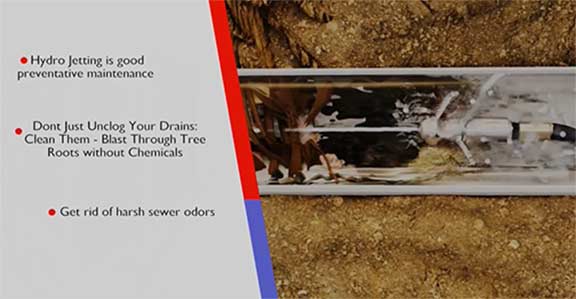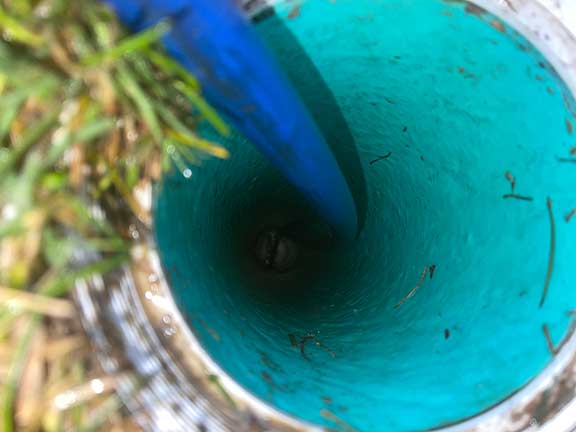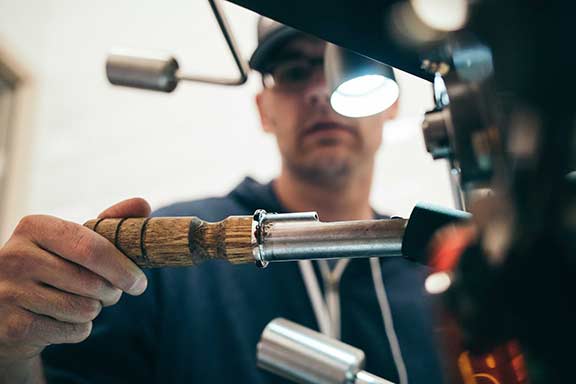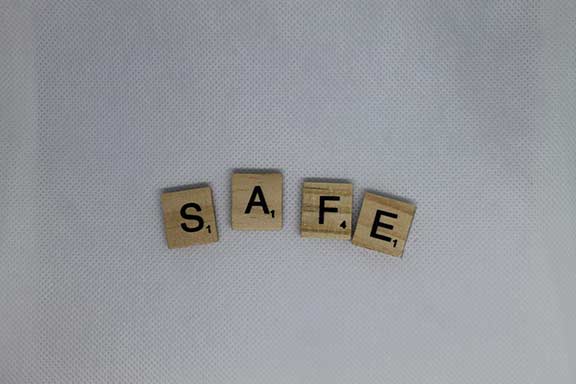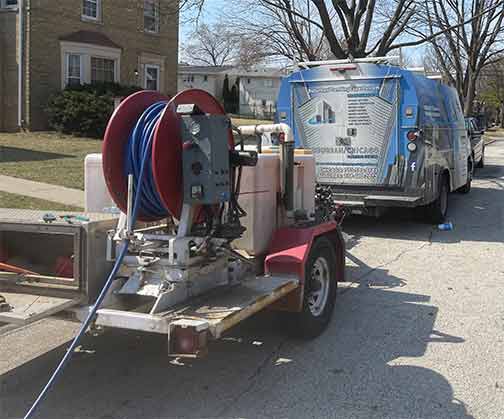
The drainpipes and sewer lines in buildings serve one purpose; to transport the waste generated from the building’s plumbing into the city sewer lines. This wastewater comprises grey water from hand basins, appliances, showers and baths, and raw sewage from toilets.
Most solid and semi-solid materials also enter the sewer lines along with the liquid content. This non-liquid content can cause problems if it settles inside the lines instead of flowing into the city sewers. When this happens, your drains may become slow or get clogged, warns Pillar Property Management.
A slow or clogged drain can be a minor or serious problem depending on where it happens. But regardless of the severity of the issue, the universal solution for solving slow or clogged drains is to clear out the drains. There are many ways to do this.
One of the most popular drain cleaning methods is a sewer rodding service. However, this method has the severe limitation of only being able to clear the lines instead of cleaning them. In other words, the clog is out, but the material that caused it stays in the drainpipes.
The result is that even after clearing clogs from your sewer line, the danger of future clogs remains. That is not just a problem with drain rodding. Other drain cleaning methods have this limitation, except one. Hydro-Jetting is the only drain cleaning method that will not only clear your drains but also clean them.
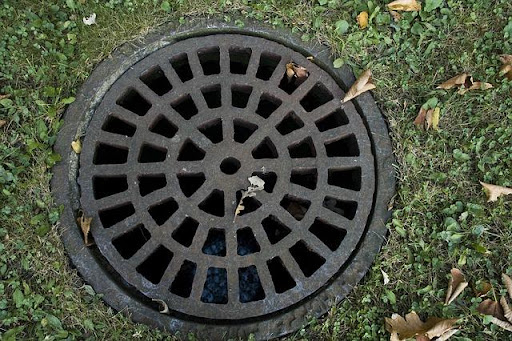
Hydro-jetting can be used in both residential and commercial sewer lines.
What is Hydro-Jetting?
Hydro-jetting uses a high-pressure hose with special nozzles to blast build-up and blockages out of sewer lines. Because the water pressure used in this process can get as high as 3,500 psi, it will easily shear away tree roots. The speed of the water also allows it to wash all debris out of the pipes.
To hydro-jet a sewer line, a professional plumber uses a jetter, water tank, hose, nozzle and pressurizing device. Different shapes and sizes of nozzles are deployed, depending on the kind of pipes being cleaned and how much build-up there is. What are the benefits of hydro-jetting for your plumbing?
Benefits of hydro-jetting your plumbing
Versatile
Hydro-jetting can be used in both residential and commercial sewer lines. It is effective for cleaning all plumbing pipes; steel, cast iron, clay or PVC pipes, cement sewer lines and resin-based pipelines. The method also works for jobs of all sizes, from clogged sinks to sludge lodged deep inside the sewer line.
Non-invasive
Hydro-jetting does not require trenching. To access the clogged sewer line, the plumber only needs a sewer cleanout where they can insert the hose. Hydro-jetting will save you the cost and inconvenience of digging a trench in your yard. Because you can clean your sewer line without tearing up your lawn, the disruptive impact of this method is minimal.
Environmentally-friendly
Hydro-jetting has zero negative impact on the environment, except that it uses a lot of water. This process will not leave behind any harmful chemical residues that can pollute the soil or nearby water bodies. That makes it the ideal drain-cleaning method for buildings located in ecologically-sensitive areas or people living close to water bodies.
Fast and sanitary
With hydro-jetting, you can have your sewer lines completely cleaned in a single day. Because it does not rely on trenching and will not leave excavated sewage on your lawn, hydro-jetting will not disrupt your lifestyle. Moreover, there is zero risk of you or anyone in your home/office coming into contact with the unsanitary contents in your sewer lines.
Will not damage your plumbing
One good reason to use hydro-jetting is this method can be adapted to the material and age of your sewer pipes. Even for homes with older pipe systems, hydro jetting service is completely safe. That is because the pressure of the water used in the operation can be adjusted to what is suitable for your sewer lines.
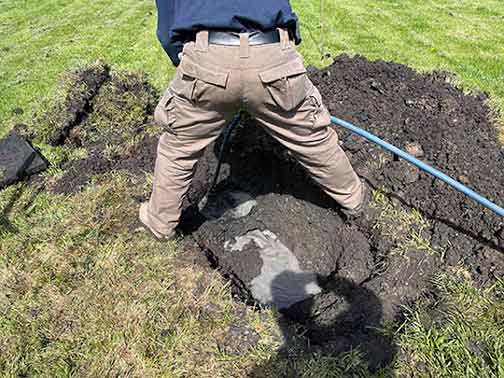
Hydro-jetting is probably the only drain-cleaning method that can be deployed as a preventive measure.
Clean pipes thoroughly
The volume and pressure of water used in hydro-jetting mean that water is travelling through the sewer line at sufficient speeds to flush out all debris. Moreover, pressurized water is ejected from the nozzle in different directions, ensuring all debris inside the pipe is dislodged. Hydro-jetting will remove corrosive residues that can damage a sewer line.
Prevents future clogs
Hydro-jetting is probably the only drain-cleaning method that can be deployed as a preventive measure. Other drain-cleaning methods are only useful for clearing clogs; they are reactive. But hydro-jetting your drains once a year will prevent slow drains and clogs. Used as a method of proactive drain care, hydro-jetting can save you a lot of money.
Hydro-jetting is affordable
Hydro-jetting is the most affordable way to maintain your sewer lines. That is because although the upfront cost of hydro-jetting is more than the cost of other drain-cleaning methods, hydro-jetting will prevent all the drain issues that can take money out of your pocket. The effects of hydro-jetting a sewer line are long-lasting; they let you eliminate the need for frequent repairs.
